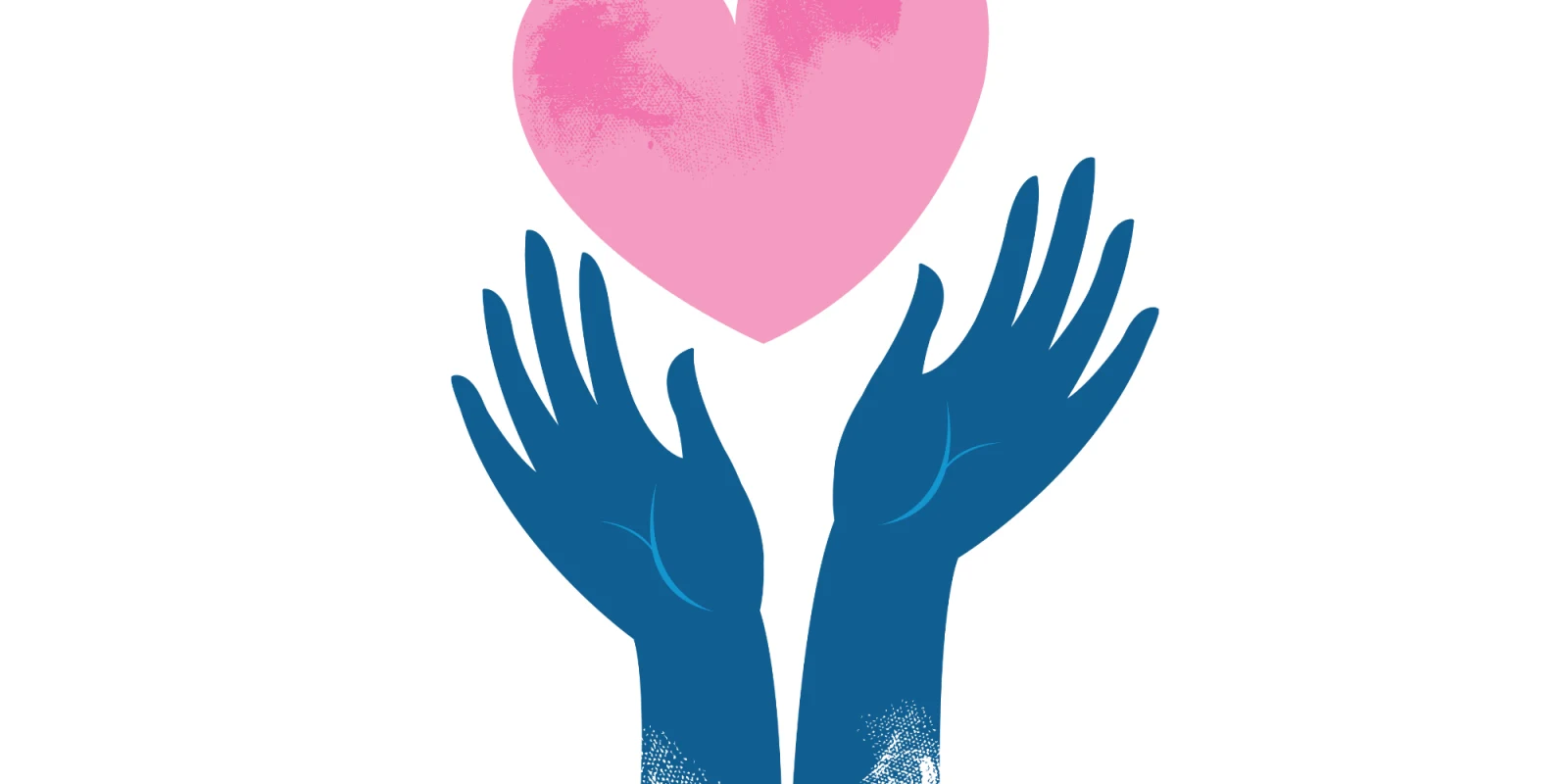
I am willing to wager that you've heard of the Golden Rule: do unto others as you would have them do unto you. In other words, treat others the way you would wish to be treated. This "ethic of reciprocity" has been expressed in many moral maxims, religions, and spiritual traditions and has even become a part of many formal educational systems. In medical education, learners are often implicitly and overtly urged to use this heuristic to guide their decision-making and actions toward the welfare of patients.
As with many commonly accepted directives and norms, I hadn't put much thought into the Golden Rule until fairly recently. In contemplating its significance, however, I was somewhat surprised to realize that I do not agree with the Golden Rule at all!
Some studies affirm the unintended, often adverse consequences of Golden Rule logic.
Corazzini and colleagues noted, “Rules of thumb, such as the Golden Rule, allow a person to reduce a complex situation to something manageable—e.g., ‘when in doubt, do what I would want done’. Because it is a simplifying tool, however, the Golden Rule may lead to inappropriate actions because important factors may be overlooked.” Drawing from four case studies in the nursing home setting, the authors conclude “any heuristic can be overly-simplistic and lead to unintended, negative consequences.”
Though I believe that there is an element of common humanity in each of us, we are also all unique individuals with different needs and desires and circumstances. What we would like done in a particular situation may not at all match what another person would wish under the same circumstances. Medical students and physicians can all too easily project their own wishes, hopes, desires, and beliefs unto others, which can be particularly problematic when treating a diverse patient population.
Rejecting the Golden Rule invites curiosity as well as empathy. In order to figure out what someone would have done unto themselves, we must get curious and step outside of our frame of reference and into their shoes. Evaluating and trying to understand and even feel things from another person's perspective is at the heart of empathy. It allows us to get outside of our heads and connect with somebody from a heart-to-heart rather than a head-to-head orientation.
At its core, this definition of empathy is about feeling with somebody as opposed to feeling for somebody (which strikes me more akin to sympathy and pity).
Given that the Golden Rule isn't the best way of navigating the world, I initially assumed that the opposite of the Rule would presumably be true: do not do unto other as you would not have them do unto you. It didn’t take me long to realize the gaping logical fallacies in this line of thinking. Our preferences and sensitivities cannot be blindly and automatically applied to others.
When navigating our use of the Golden Rule, we must question whether we are using it as a surrogate for critical thinking or clinical best practice. We must consider the wishes of those impacted. And we must actively evaluate whether our own inherent biases, experiences, fears, and wishes and superseding the bioethical principles of nonmaleficence, beneficence, and patient autonomy.
Ultimately, both the Golden Rule and the anti-Golden Rule are ways in which we project ourselves onto others. Doing so compromises connection and creativity – not to mention clinical judgment and expertise – and keeps us naive to others' experiences. On the other hand, interacting with our patients from a place of curiosity and empathy allows us to be better care providers by cultivating a deeper understanding and building better relationships.
Pratibha Anand MBA, MHA, is a second-year medical school student at the University of Colorado School of Medicine. She is interested in functional/integrative medicine and the intersection between healthcare, policy, business, and innovation.







